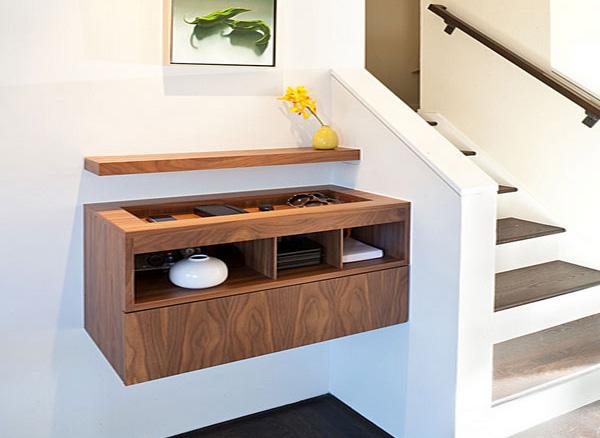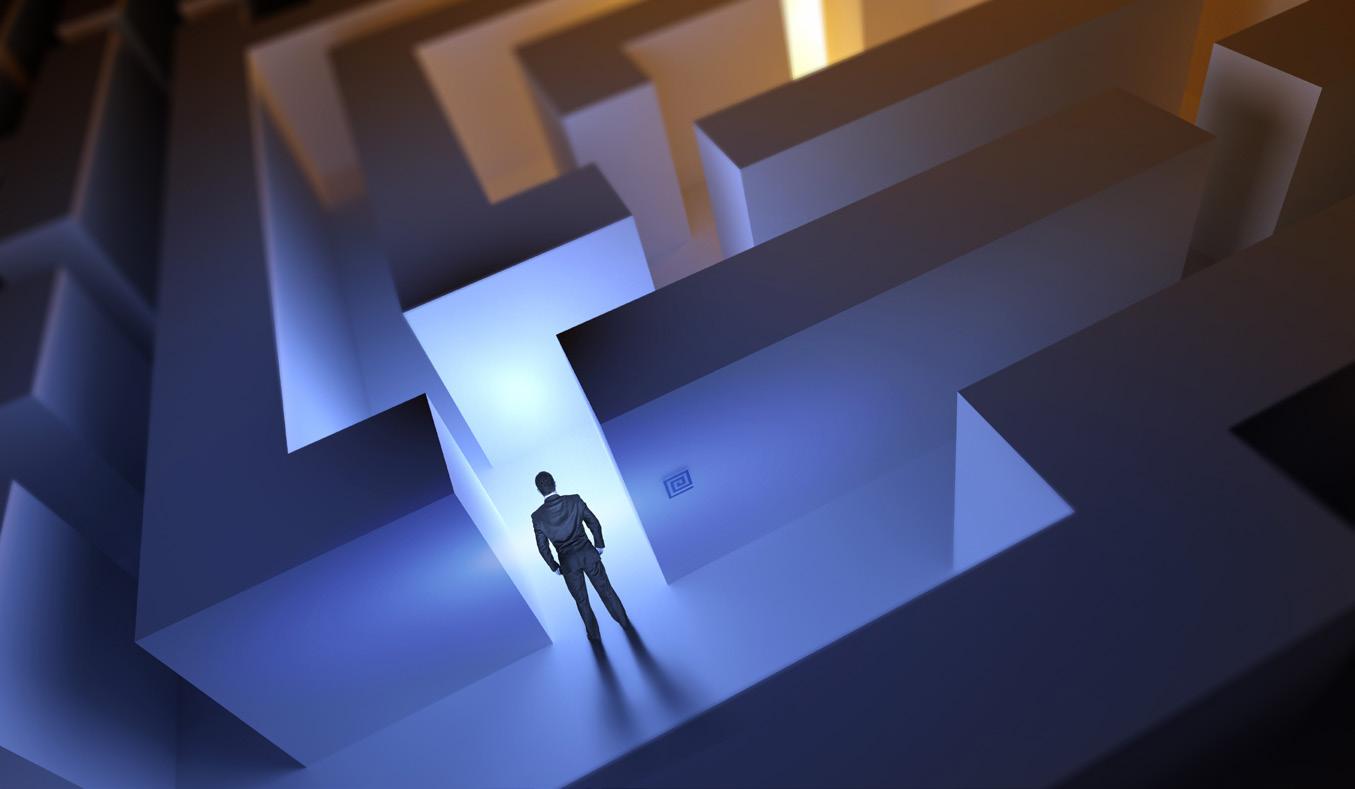
3 minute read
How the American home is transitioning.
Transition
Spaces IN HOME
By now, we have all become fully aware of how the pandemic has completely changed our lifestyles, with many of these changes becoming permanent. We have also heard how it has changed our way of living – specifically in our homes. But the American home had already been in flux and was shifting throughout the course of previous decades. The pandemic just brought the changes to the forefront of how we actually live in our homes. Here are but a few of the changes – many that began their state of motion a while back – of the American home.
THIS AIN’T YOUR MOTHER’S MUDROOM.
Until recently, the mudroom was a small and simple space at an entryway to the home. Here could be found piles or shoes and coats and scarves, and it served a very utilitarian purpose. Now? It has transformed into more of a multi-functional space.
A shower (to wash of that mud!) and even laundry areas are moving into mudrooms, which is proving handy in cleaning off the kids – and their dirt-stained clothing. Mudrooms are now also serving as a small mail center, being retrofitted with dedicated surfaces and storage for package deliveries, which keeps shipped goods from cluttering entry halls and kitchens. Adding a garbage can keeps the unwanted junk mail from moving around the inside of the house.
SHUT THE DOOR!
For years, the walls were already closing in on the open floor plan. (Many designers have gone on record saying that they expect the plan to be entirely phased out in the not-too-distant future.) However, the open floor had taken over the architectural scene decades ago and is standard in many modern homes. Now, small additions are closing in these spaces – namely in the form of doors.
The installation of pocket doors build in privacy. In dining rooms, a beautifully detailed door might disappear into the wall to reveal a table set for a lovely dinner party. Or a homeowner can install a jib door which, in contrast to the pocket door, is largely invisible when closed. It is a seamless built-in in the space. There is also the hinged door – technically a pocket door – that folds back and essentially disappears and creates an openness between the rooms. All these doors are altering the open floor plan, giving the home’s residents that open feel with a touch of added privacy.
ET PHONE HOME
Not really, however there is no question that high-tech plays an integral part in our lives. And while the probability of an American home having the ability to phone Mars may be in the land of sci-fi, what is not is all the tech gadgets that we have lying around the house.
A new phenomenon in home design is the building of a dedicated Digital Drop Zone. These zones are complete with designated charging stations, built-in shelves and strategically placed outlets. What does this mean? An organized space as opposed to electronic devices cluttering places like family rooms and kitchens.
FRONT YARD BADMINTON ANYONE?
The front yard is having an amazing comeback. People are, once again, sitting on front porches drinking iced tea. They are talking to passing neighbors. They are having block parties. The front yard has become a social zone.
As a result, many homeowners are asking for streetfacing landscapes to literally be knocked out as interior rooms. For example, renovating a dining room with beautiful French doors flanking a front terrace so that after dinner, guests can spill out onto the front porch or lawn. This trend is just beginning – it will be curious to see how it grows…
Yes, the American home has been in a state of transition for years now. Frankly, it is in a constant state of movement. Only time will tell which new design ideas will hold and what other new design ideas will develop.
INC.
MONEY DOESN’T HAVE TO BE COMPLICATED.
Are you confused by most financial advice? If so, you’re not alone.

Marc S. Schliefer, CFP® | Equity Planning Inc. 7910 Woodmont Avenue | Suite 900 | Bethesda | MD 20814 Phone: 301-652-8702 | Fax: 301-652-9066 www.equityplanning.com | marcs@equityplanning.com | www.linkedin.com/in/marcschliefer/










